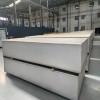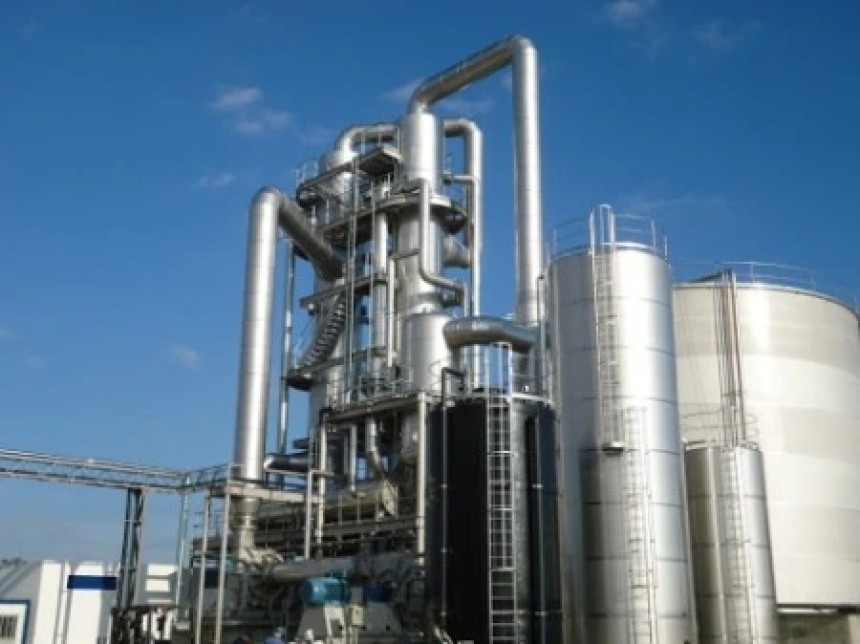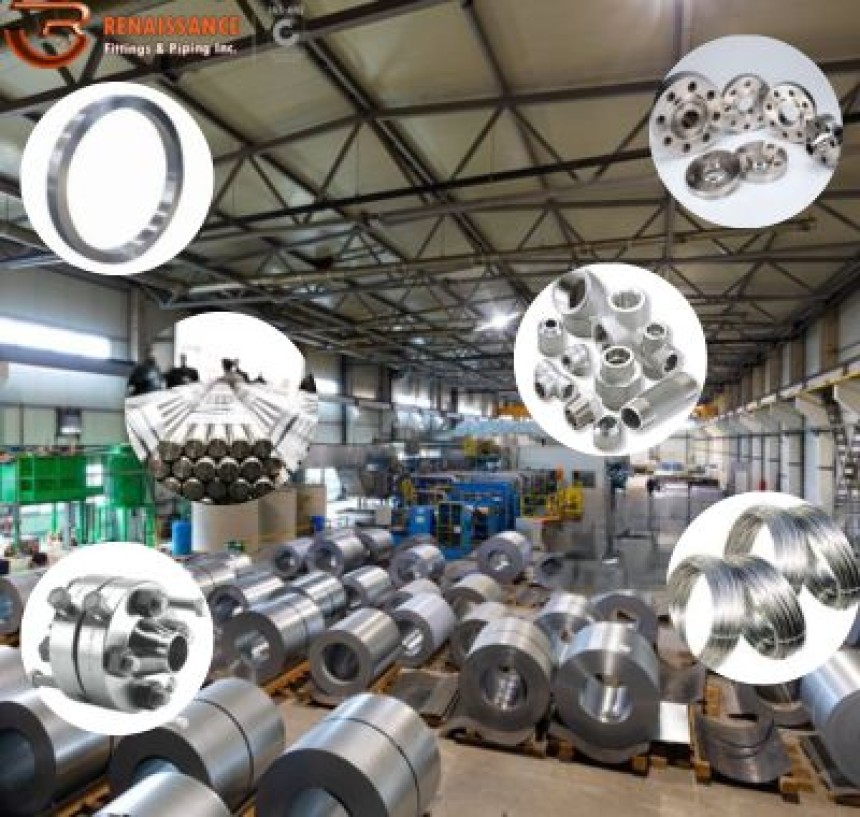
Best Alloys and Grades for Various Applications - Rfp India
Aluminum, a lightweight and corrosion-resistant metal, has become an indispensable material in various industries due to its remarkable properties. Its versatility stems from the numerous alloys and grades available, each tailored to specific applications. In this blog, we delve into the world of aluminum, exploring its best alloys and grades for different uses.
Aluminum Alloys and Grades
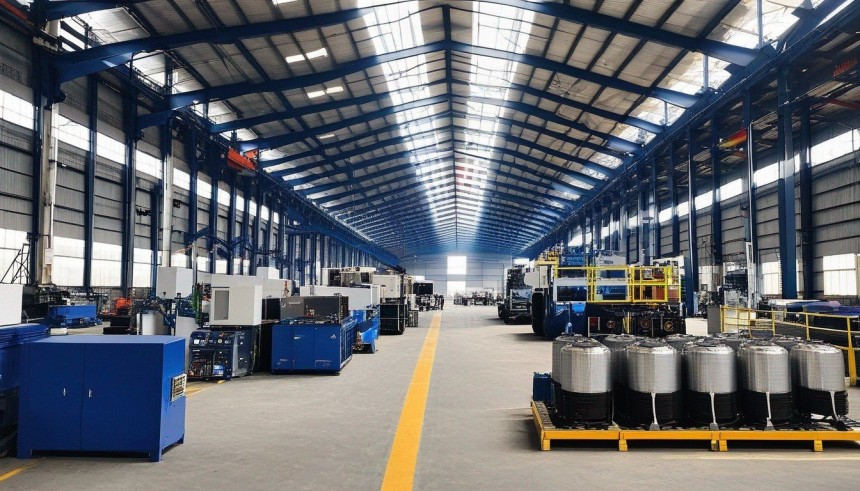
- 6061 Aluminum Alloy: Renowned for its excellent weldability, machinability, and high strength, 6061 is a go-to choice for structural applications in aerospace, automotive, and marine industries. Its versatility makes it ideal for components requiring both strength and corrosion resistance.
- 5052 Aluminum Alloy: With good formability and corrosion resistance, 5052 is commonly used in sheet metal fabrication for applications such as fuel tanks, vehicle bodies, and appliances. Its high fatigue strength makes it suitable for intricate parts subjected to repetitive stress.
- 3003 Aluminum Alloy: Recognized for its high thermal conductivity and resistance to corrosion, 3003 finds extensive use in heat exchangers, air conditioning systems, and kitchenware. Its formability makes it a preferred choice for intricate shapes and designs.
- 7075 Aluminum Alloy: Known for its exceptional strength-to-weight ratio, 7075 is often employed in aerospace and defense applications, including aircraft structures and missile components. Its high stress-corrosion resistance and machinability make it ideal for critical parts subjected to extreme conditions.
- 6063 Aluminum Alloy: Primarily used in architectural and structural applications, 6063 offers good surface finish and corrosion resistance, making it suitable for extrusions used in window frames, door frames, and curtain walls. Its aesthetic appeal and ease of fabrication make it popular in the construction industry.
Best Applications for Aluminum Alloys
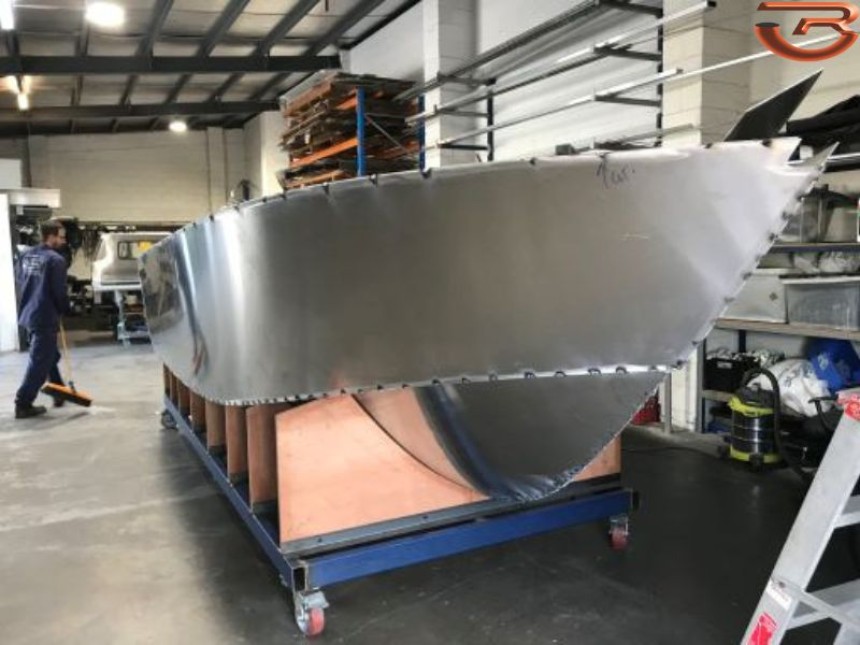
- Aerospace: 7075 and 6061 alloys are preferred for aircraft structures, due to their high strength-to-weight ratio and resistance to fatigue, respectively.
- Automotive: 5052 and 6061 alloys find widespread use in automotive components, including body panels, wheels, and chassis parts, owing to their formability, corrosion resistance, and lightweight properties.
- Marine: 5083 and 6061 alloys are commonly utilized in marine applications such as boat hulls, decks, and offshore structures, benefiting from their corrosion resistance and durability in marine environments.
- Construction: 6063 alloy is favored for architectural extrusions due to its aesthetic appeal, corrosion resistance, and ease of fabrication, making it suitable for window and door frames, curtain walls, and decorative elements.

Aluminum's versatility arises from its various alloys and grades, each tailored to specific applications based on their unique properties. Whether it's aerospace, automotive, marine, or construction, there's an aluminum alloy suited for every need, offering a balance of strength, durability, and corrosion resistance. Understanding the characteristics of different alloys enables industries to leverage the full potential of aluminum in diverse applications, contributing to advancements in technology and infrastructure.
This Article is written to accelerate businesses. JOIN The Community Now! Fuel your business success with Grow Media Digital! 🚀 Tailoring expert strategies, from SEO to social media, they ensure a perfect fit for your needs. With an innovative approach, they stay ahead of trends, guaranteeing measurable growth. Visit growmedia.digital to rise your business to new heights.
